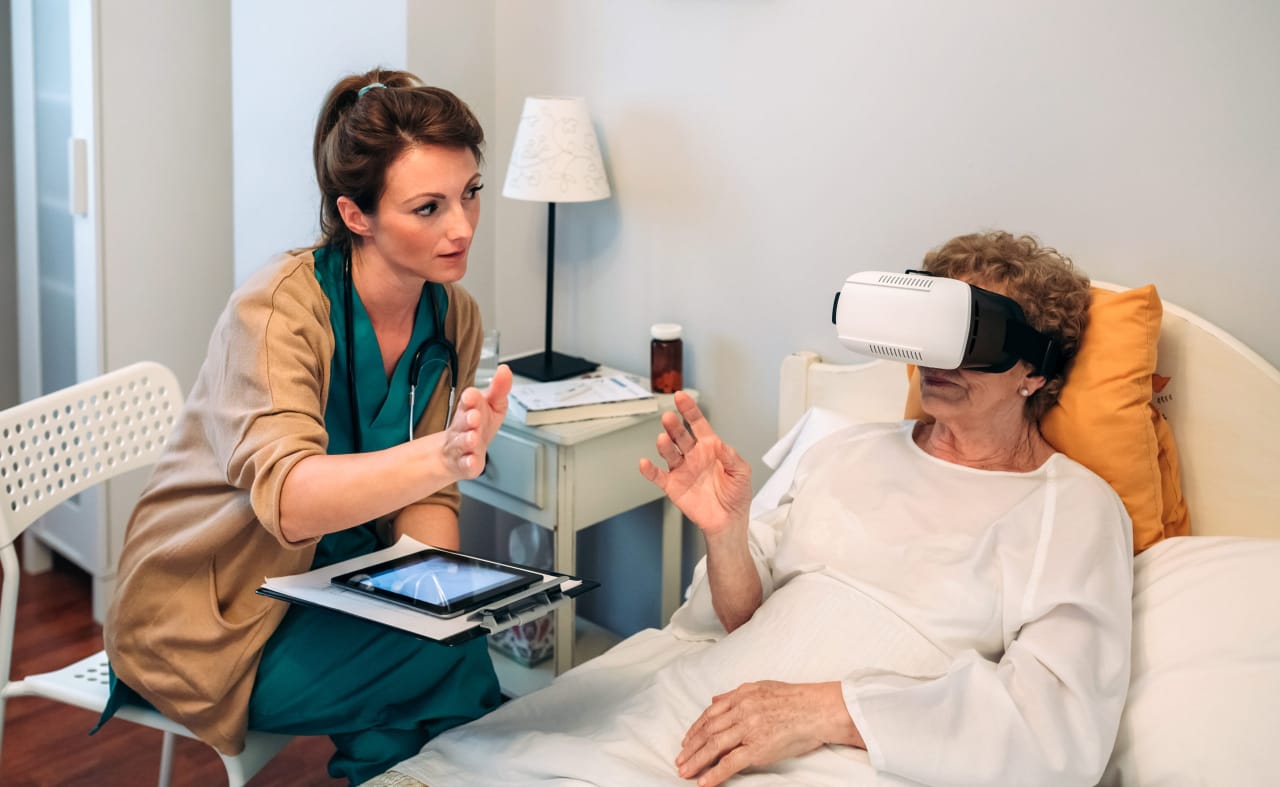As of October 17, 2022, a groundbreaking development unfolded in the hearing health landscape – over-the-counter (OTC) hearing aids became readily available at pharmacies, big box stores, and select audiology offices nationwide. This accessibility introduces an affordable hearing aid option, catering specifically to individuals aged 18 and older grappling with mild-to-moderate hearing loss and facing challenges in understanding speech in challenging listening environments.
Let’s delve into some frequently asked questions to demystify the realm of OTC hearing aids.
OTC vs. Prescription Hearing Aids
OTC hearing aids epitomize “one-size-fits-most” devices, requiring no medical exam, prescription, or professional fitting for purchase. Users can independently set up controls and programs, with audiologists potentially offering guidance on device settings. Nevertheless, OTC devices lack the same level of programmability as traditional prescription hearing aids, which are dispensed by licensed audiologists or hearing aid dispensers. Prescription hearing aids undergo meticulous programming based on audiological evaluations, encompassing measurements of a patient’s hearing thresholds and comprehensive data on the integrity of the outer, middle, and inner ear.
Distinguishing OTC Hearing Aids from PSAPs and Hearables
Personal sound amplification products (PSAPs) target individuals with normal hearing who seek to amplify soft or distant sounds, such as birdsong. Unlike OTC hearing aids, PSAPs are not medical devices and lack regulation by the Food and Drug Administration (FDA).
Hearables, designed for specific situations, wirelessly connect to devices like TVs, phones, or laptops, featuring volume and sometimes pitch controls. Unlike OTC hearing aids, Hearables are not intended for continuous communication use and fall outside FDA regulation.
Suitability of OTC Devices
Individuals aged 18 and older with perceived mild-to-moderate hearing loss stand to benefit from OTC hearing aids. While a formal hearing test can determine eligibility, it is not obligatory. Users have the autonomy to decide the necessity and perceived benefits of the device.
Cost Considerations
The cost of OTC hearing aids varies, determined by manufacturers or distributors. OTC devices are generally less expensive than prescription hearing aids, attributed to simpler technology and the absence of professional services bundled with the latter.
Repairs and Returns
Manufacturers must provide information on handling repairs and returns. However, FDA guidelines do not mandate OTC hearing aids to be returnable. Prospective users are advised to inquire about specific return policies from the retailer or distributor.
Expert Counsel from Weill Cornell Medicine Audiologists
It is imperative to acknowledge the diversity of hearing loss. Individuals with complex medical needs or severe hearing impairment may necessitate more customized solutions and the professional services typically bundled with prescription hearing aids. These services encompass counseling, device style and technology selection, programming, and fit adjustments.
Regular hearing check-ups, at least annually or more frequently if changes are sensed, are pivotal. The audiologists at Weill Cornell Medicine emphasize the importance of promptly addressing any issues that arise, ensuring ongoing care for optimal hearing health.


